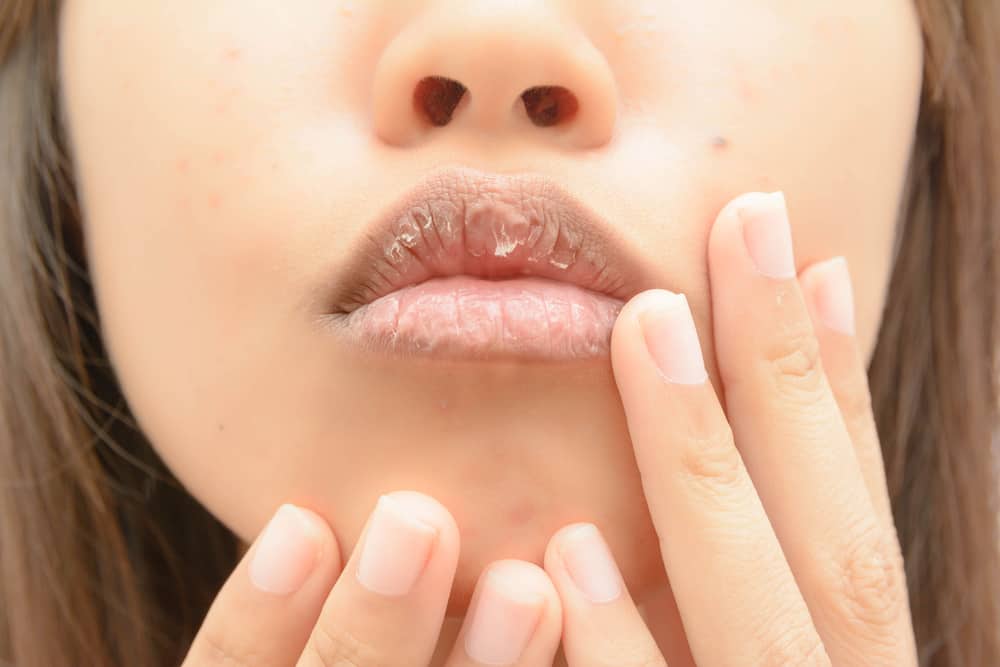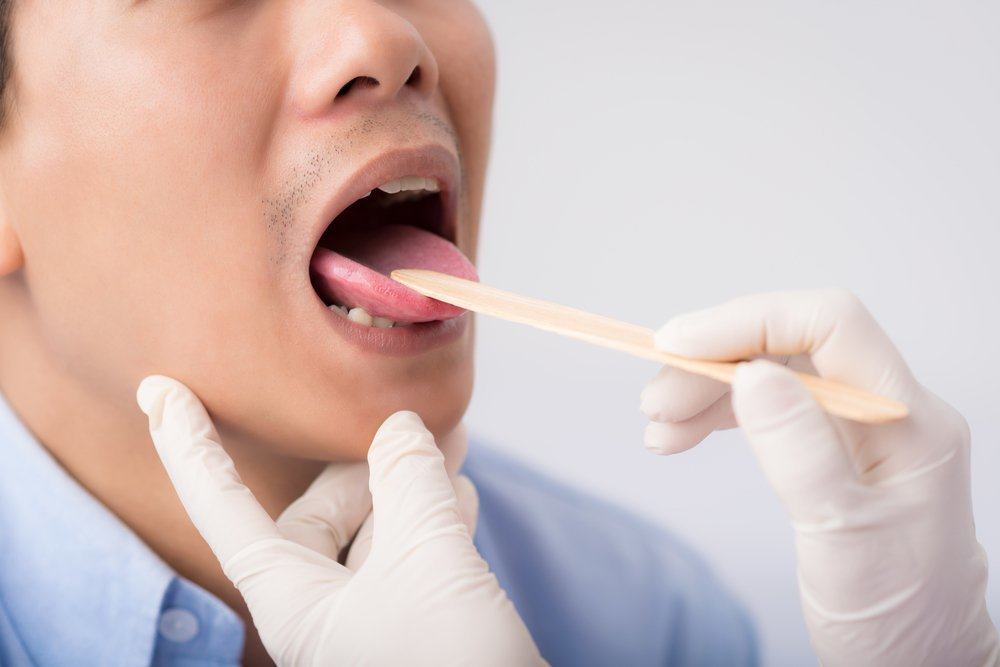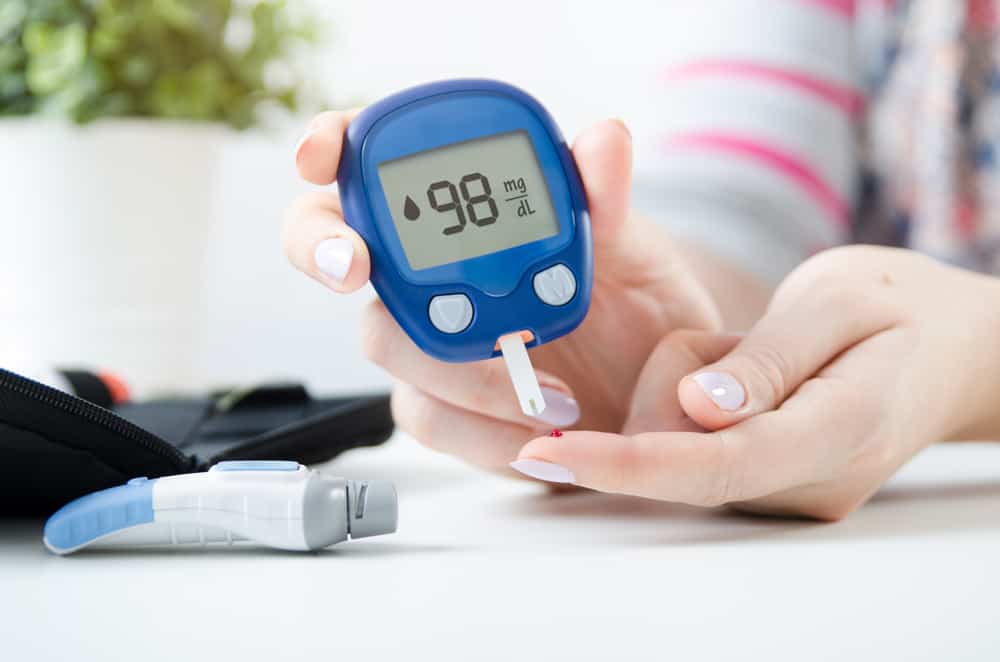Contents:
- Medical Video: Bulimia and Binge Eating in Teens: What We Know and What To Do
- What are the risks of eating disorders?
- Signs that must be considered
- Prevention of eating disorders early
- Get help
Medical Video: Bulimia and Binge Eating in Teens: What We Know and What To Do
Among adolescents with type 1 diabetes, Disordered Eating Behavior (DEB) is a complicated problem that is often highlighted. Eating disorders are a result of negative feelings about the proportion of a person's body, body shape, and body weight. Eating disorders include behavioral patterns that interfere with daily life such as drinking, extreme diets, and unhealthy control of body weight, such as the use of laxatives or drugs to get rid of food.
Adolescents with type 1 diabetes often report that they miss or reduce the dose of insulin, thus affecting glycosuria (excess sugar in the body) and "glucose toxicity"Which has further impact on the health of adolescents with diabetes. Skipping or reducing the dose of insulin prevents their body from metabolizing the food they consume, unlike teenagers who do not have diabetes, whose body automatically produces insulin in response to incoming food.
What are the risks of eating disorders?
Research indicates that the risk of eating disorders in adolescents with type 1 diabetes is related to factors known to affect most adolescents. For example, depression, feeling want to be thin, having dieted before, and having a high standard of appearance. These factors are not too related to diabetes. However, in adolescents with type 1 diabetes who report eating disorders, this behavior is not only related to depression, but also the desire to control the glycemic and avoid general weight gain with insulin treatment. More than that, the behavior of handling diabetes by himself can make him experience eating disorders: worrying too much about food, watching carbohydrate intake, and controlling body weight when body weight returns thanks to successful treatment with insulin. Finally, diabetes also affects appetite in different forms for each patient.
Signs that must be considered
Parents can pay attention to signs of eating disorders. See if they are depressed, and whether their diet and weight change significantly or not. Knowing how much or how little insulin is used for some time can also be a clue to possible eating disorders. Eliminating the obsession to achieve good glycemic control can be accelerated by paying attention to weight.
Prevention of eating disorders early
For parents of teenagers with type 1 diabetes, help them make a positive relationship between food and a healthy lifestyle, and don't just focus on weight. Doing this can prevent eating disorders during adolescence. It's important for parents to offer healthy food at home, make healthy choices for them and don't judge them directly about blood glucose levels after food.
Get help
When you feel your child is showing signs of eating disorders, seek out and seek help from an expert for an accurate examination, for example from a behavioral psychologist who is used to dealing with diabetes care and eating disorders in adolescents.












